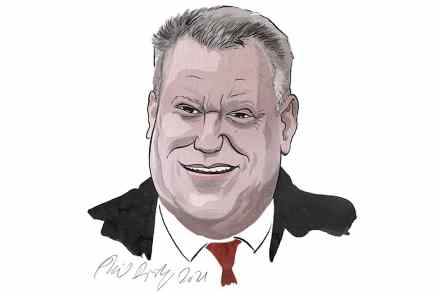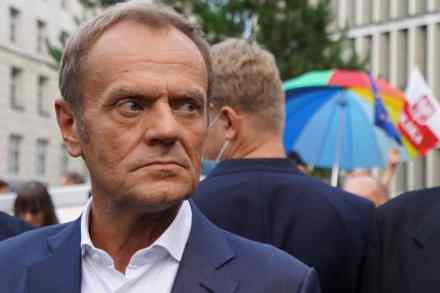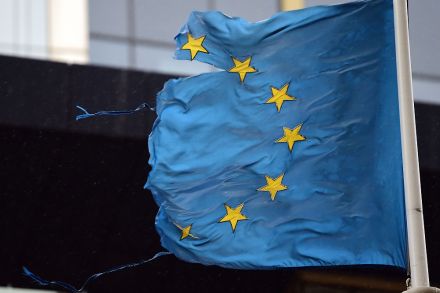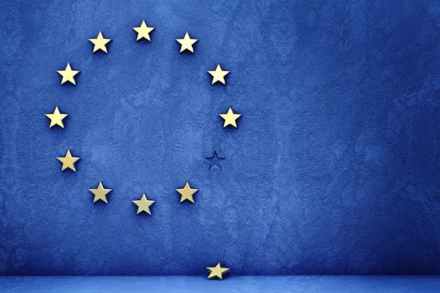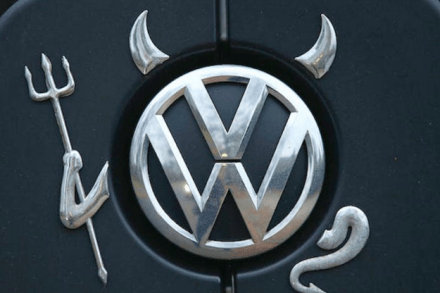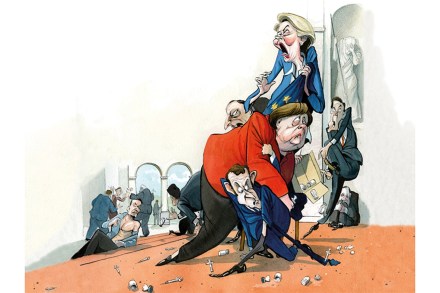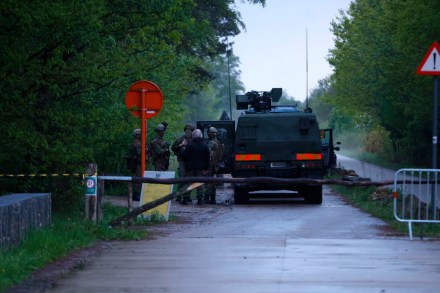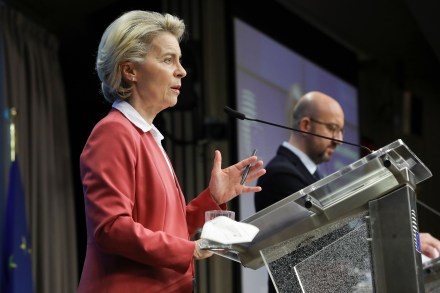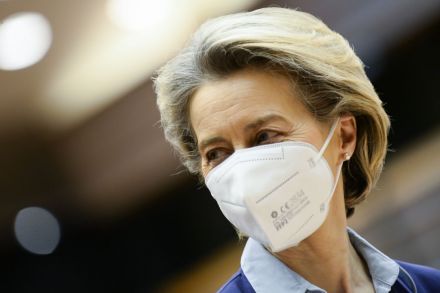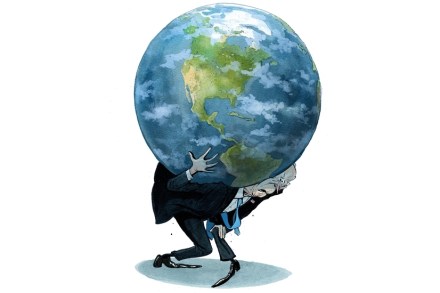Fight or flight?: 33 Place Brugmann, by Alice Austen, reviewed
In May 1940, as the Nazis invade Belgium, the residents of a sedate apartment block in Place Brugmann, Brussels, wake to find that their longtime neighbours, the Raphaëls, have disappeared. Alice Austen uses this moment as the starting point for her subtle debut novel about how a diverse group of Belgians react to the Nazi occupation. She tells her story in snapshots, writing in the multiple first-person voices of those who remain at 33 Place Brugmann and those who flee. Charlotte is a young artist who may not see colours, but has ‘vision’. Miss Hobert is a gossip with ‘a rabid imagination’. The courageous and pragmatic Colonel Warlemont resists the







